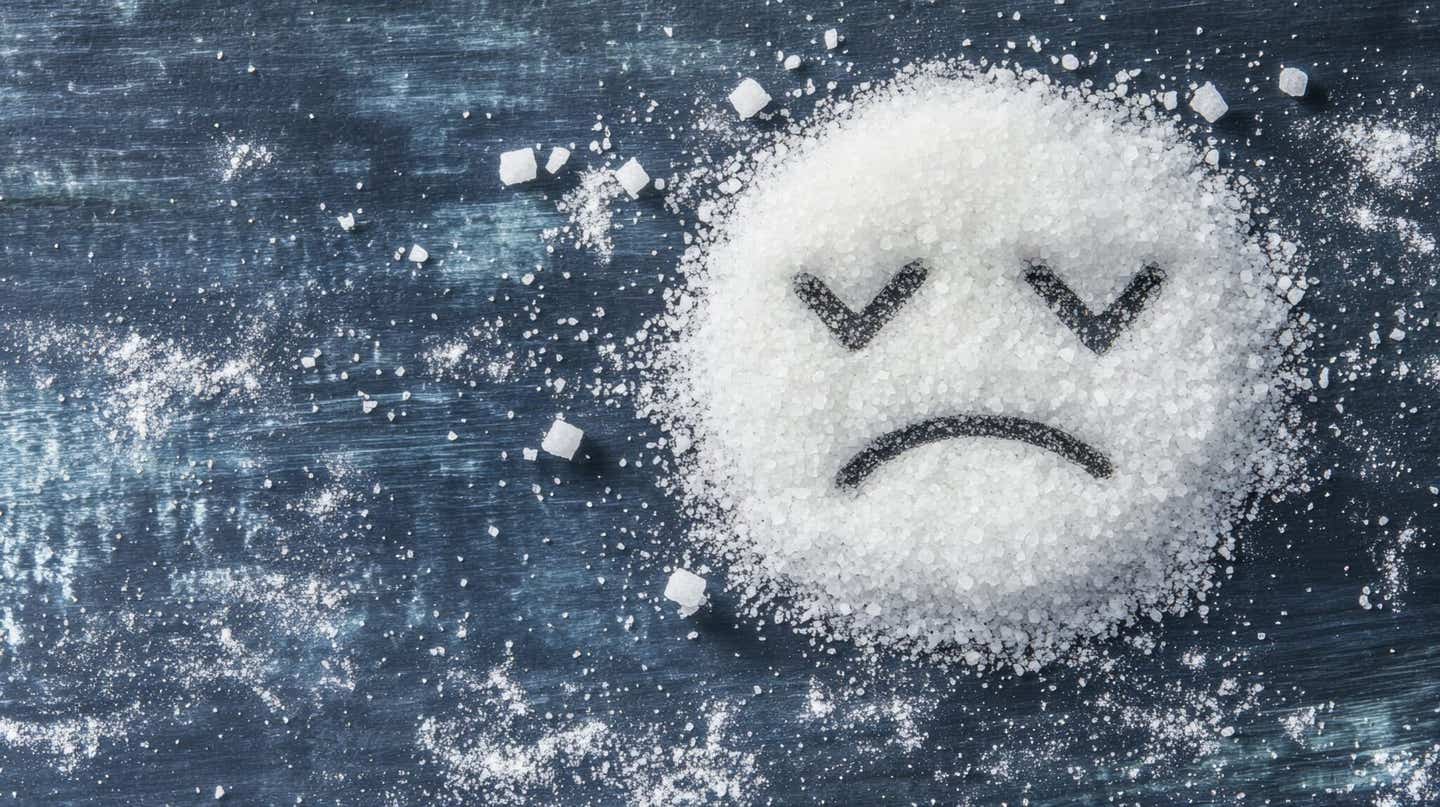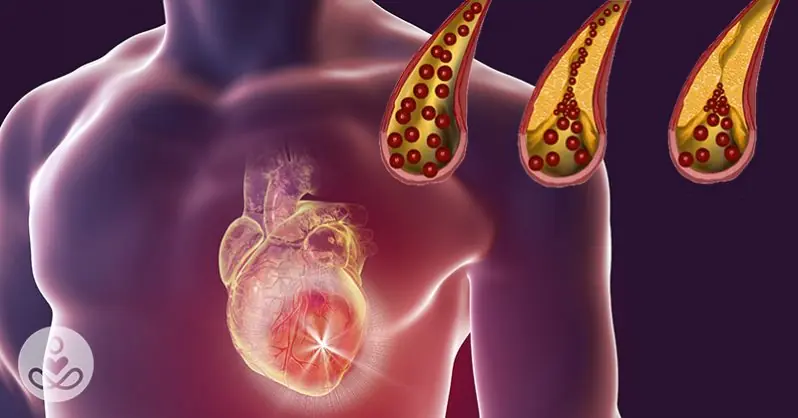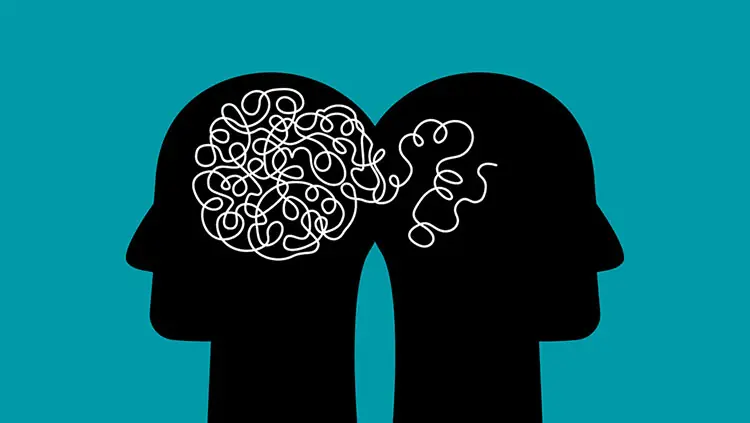
Too Much Salt May Lead to Depression, New Study Suggests
Too Much Salt May Lead to Depression, New Study Suggests

High Salt Intake Could Be Affecting Your Mood
New research shows that eating too much salt may increase your risk of depression. Scientists have found that a high-sodium diet can change how the immune system functions, which in turn affects the brain and mood.
What the Study Found
In a recent study, mice were fed a salty diet for five weeks. The results were clear:
-
The mice became less curious and more inactive — signs linked to depression.
-
There was a rise in IL-17A, an immune molecule found in both the blood and brain.
-
A specific type of immune cell, called gamma delta T cells, became overactive and produced more IL-17A.
Even though the number of these immune cells didn’t increase, they behaved more aggressively. When researchers blocked these cells, the mice became more active and showed fewer signs of depression.
Salt Affects Immune Cells and Brain Health
The study also discovered that salt changes how immune cells generate energy, leading to behaviors that negatively affect the brain. Interestingly, salt affects the body differently than psychological stress—suggesting that diet and stress may lead to depression through separate pathways.
What This Means for You
This study supports earlier research showing that:
-
People who eat high-sodium diets often report worse mental health.
-
Reducing salt in your diet may boost your mood and lower your risk of depression.
If future studies confirm these findings in humans, it could lead to new treatments for depression that focus on immune signals triggered by salt.
Can Too Much Salt Cause Depression? New Research Says Yes

Many people know that eating too much salt is bad for your heart — but it may also be bad for your mental health. A new study suggests that high salt intake can lead to depression by changing how your immune system works.
In the study, mice fed a salty diet for five weeks showed clear signs of depression: they were less active and less curious. Researchers discovered that a group of immune cells called gamma delta T cells became overactive and produced more of a molecule called IL-17A. This molecule is linked to inflammation in the brain — especially in areas that control mood.
Interestingly, when scientists blocked these overactive immune cells, the depressive symptoms disappeared. The mice became more alert and engaged. The study also found that salt changes how these immune cells use energy, affecting brain health in a different way than emotional stress does.
This research supports earlier evidence showing that people with high-sodium diets often feel worse mentally. It suggests that cutting back on salt could be a simple and natural way to protect your mood. In the future, depression treatments might even target these immune responses.
News in the same category


Age 40 Is a Critical Turning Point for Longevity: 4 Sleep-Related Signs That May Indicate Shorter Lifespan and Health Risks

7 Early Signs of Stomach Cancer Everyone Should Know to Prevent Metastasis

🧠 How Your Brain Today Reflects Your Habits from Two Weeks Ago

💤 The Science of Dreaming: Why Do We Dream?

New Study Reveals: Memory May Be Stored in Cells Beyond the Brain

10 Foods You Should Eat Daily to Keep Your Arteries Clean

The Sleep Position That Could Be Quietly Damaging Your Health, According to Experts

Shocking Cancer Diagnosis at 44 Raises Alarms About a Popular Daily Sandwich Ingredient

Understanding Uterine Fibroids: Causes, Symptoms, and Treatment Options

Is Your Body Trying to Tell You Something? 15 Early Signs of Cancer

If You Suddenly Wake Up Between 3:07 and 3:15 AM, You Should Be Extra Cautious

Discovery of a Drink That Helps “Push Back” Cancer: It's Not Tea or Coffee

One Year Before Death: The Body Often Shows 5 Warning Signs!

Revolutionary HIV Treatment: Lenacapavir Achieves 100% Clinical Efficacy

10 Warning Signs Your Kidneys May Be in Trouble

10 Foods Linked to Cancer You Should Avoid

How to Reduce Age Spots: Causes, Treatments, and Prevention

How to help naturally relieve gout and joint pain
News Post

My Entitled SIL Erased Us from Her Wedding – I Didn't Let Her Get Away with It

Incredible Benefits of Guava Leaves | 11 Reasons To Drink Guava Leaf Tea Daily

My Sister Hijacked My Wedding for Her Pregnancy Announcement – I Waited Until Her Gender Reveal & Got the Last Laugh

My Pregnant Sister-in-Law Turned Me into Her Maid – I Played Her Game Until She Crossed the Line

11 Natural Ways to Whiten Your Teeth Using Everyday Ingredients

I Was Cleaning out After My Divorce and Tossing Old Documents Into the Fire When One Letter Stopped Me Cold

I Cut My Niece Off from the College Fund After I Overheard Her Conversation with My Ex-wife

🥤15 Surprising Benefits of the Juice You’ve Never Tried – Onion, Pineapple & Honey

Toothpaste: The Secret to Happy Feet!

This Ancient Chinese Drink May Help Regulate Blood Sugar, Improve Circulation, and Reduce Inflammation—Naturally!

8 Reasons to Drink Ginger Tea Daily (An Impressive Healing Remedy)

Surprising Link: Marriage May Increase Dementia Risk, New Study Finds

Birds May Use Quantum Reactions to Navigate Across the Globe

She forgot to tell her husband she was coming home. When she entered the apartment, she nearly collapsed from what she saw.

Humpback Whales Are Gathering in Giant Super-Pods—Here’s What Scientists Think It Means

Valya found out by accident that her husband had another woman — she went to the dry cleaner to pick up his suit, and along with the suit, they handed her a huge colorful dress.

Store Owner’s Daughter Kicked Me Out for No Reason — Then Her Mom Walked In and Left Me Speechless

MY SON SMILED RIGHT BEFORE SURGERY—BUT SOMEHOW HE MADE ME STEP OUT OF THE ROOM

An orphaned woman adopted a dark-skinned boy—and 20 years later discovered his shocking secret!
